What is Fermenter Equipment and Why It Matters?
Fermentation—it’s not just a buzzword for beer enthusiasts or kombucha lovers. Behind every tangy yogurt, bubbling craft beer, and fizzy kombucha lies an essential piece of equipment: the fermenter. But what exactly is fermenter equipment, and why does it play such a pivotal role in fermentation? In this guide, we’ll dive deep into the world of fermenters, unraveling their types, how to choose the right one, their benefits, and even the latest technologies shaping the industry.
Overview of Fermenter Equipment
At its core, fermenter equipment is designed to provide the perfect environment for fermentation. Fermentation, as you likely know, is the process where microorganisms like yeast and bacteria convert sugars into alcohol, acids, or gases. This magic requires precise control over temperature, pressure, and sanitation—which is where fermenter equipment shines.
Whether you’re a hobbyist brewing a few liters of beer at home or an industrial powerhouse churning out thousands of liters of kombucha, the right fermenter makes all the difference. Not only does it optimize production, but it also ensures consistent quality—a must in any competitive market.
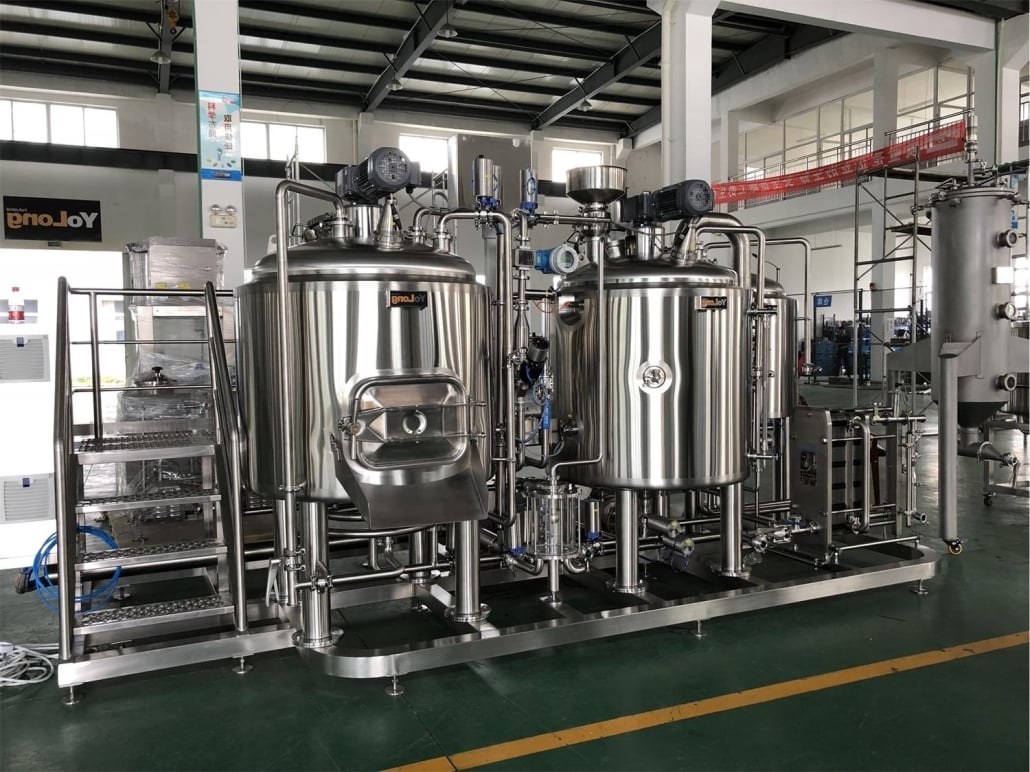
Types of Fermenter Equipment
Fermenters come in various shapes, sizes, and configurations to meet specific needs. Let’s explore the most common types:
1. Batch Fermenters
These are classic fermenters where the entire process occurs in one go. Once fermentation is complete, the fermenter is emptied, cleaned, and prepared for the next batch. Batch fermenters are great for small-scale operations and experimental brewing.
2. Continuous Fermenters
Unlike batch fermenters, continuous fermenters maintain a steady fermentation process by constantly adding new substrate while removing the product. These are ideal for industrial setups where efficiency and large-scale production are paramount.
3. Anaerobic Fermenters
These fermenters are designed to work without oxygen, making them perfect for processes like alcohol production and certain types of organic waste treatment.
4. Aerobic Fermenters
Aerobic fermenters require oxygen for fermentation. They’re widely used in the pharmaceutical and biotechnology industries for producing antibiotics and enzymes.
5. Conical Fermenters
Conical fermenters are prized in brewing for their ability to easily separate yeast and sediment from the liquid. Their cone-shaped bottoms make this process seamless, saving time and effort.
6. Custom Fermenters
For niche industries or specific production requirements, custom fermenters can be tailored to meet unique demands—from shape to capacity to advanced automation features.
How to Choose Suitable Fermenter Equipment
Choosing the perfect fermenter isn’t as simple as picking the first shiny tank you see. Here’s a breakdown to help you decide:
1. Consider Your Capacity Needs
Ask yourself: How much product do you need to ferment in one cycle? For home brewers, a small fermenter (5-10 gallons) may suffice. For commercial producers, capacities of hundreds or even thousands of gallons are often required.
2. Match the Equipment to Your Usage
Are you brewing beer, making yogurt, or fermenting biofuels? Each application may require different features. For example, temperature control is critical in brewing but less so in vinegar production.
3. Budget Constraints
Fermenter equipment can range from a few hundred dollars to tens of thousands. While it’s tempting to go for the cheapest option, investing in a quality fermenter can save money in the long run by reducing maintenance and improving product quality.
4. Material Matters
Most fermenters are made of stainless steel, glass, or food-grade plastic. Stainless steel is durable, easy to clean, and resistant to corrosion—making it a favorite for commercial setups. Glass fermenters are perfect for home use due to their transparency, while plastic fermenters are budget-friendly but less durable.
5. Advanced Features
Modern fermenters often come with high-tech features like automated temperature control, pressure gauges, and even smartphone connectivity. While these can increase the price, they significantly improve efficiency and ease of use.


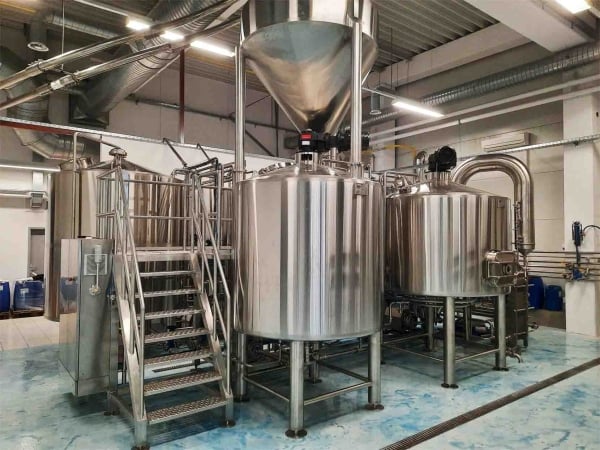
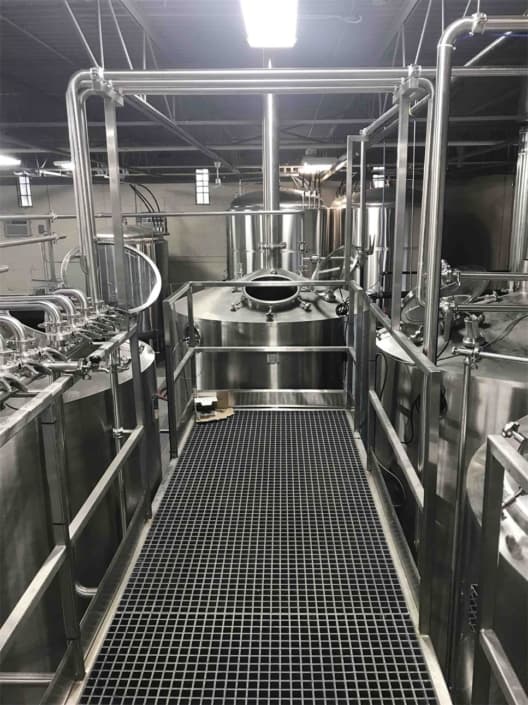
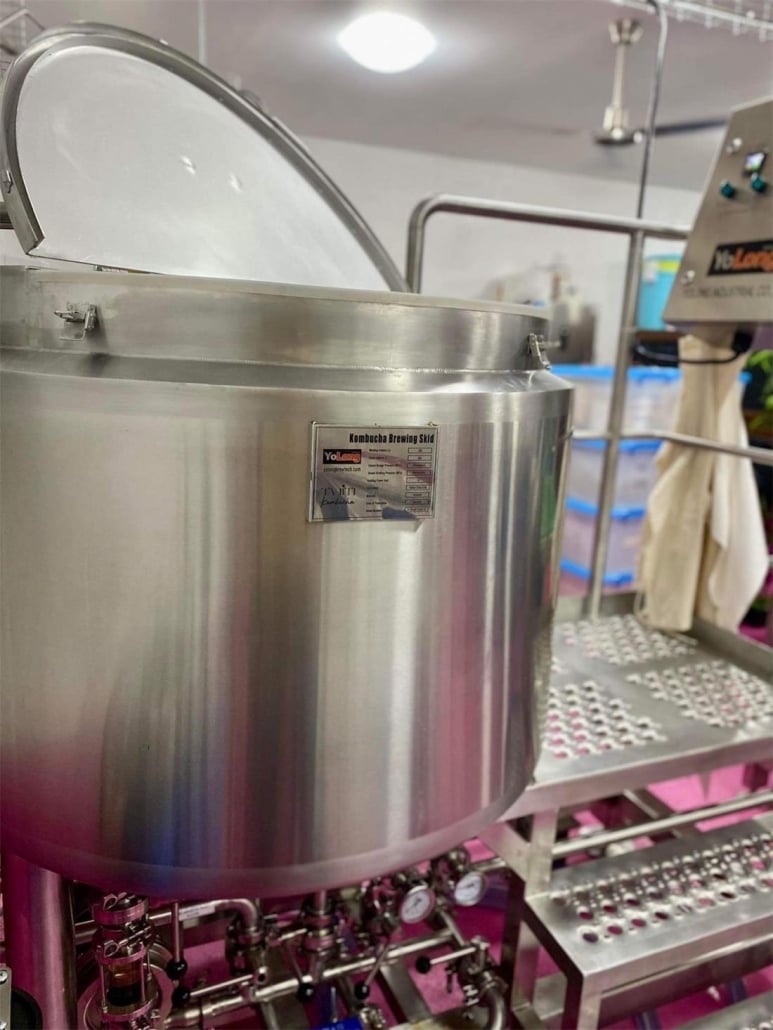
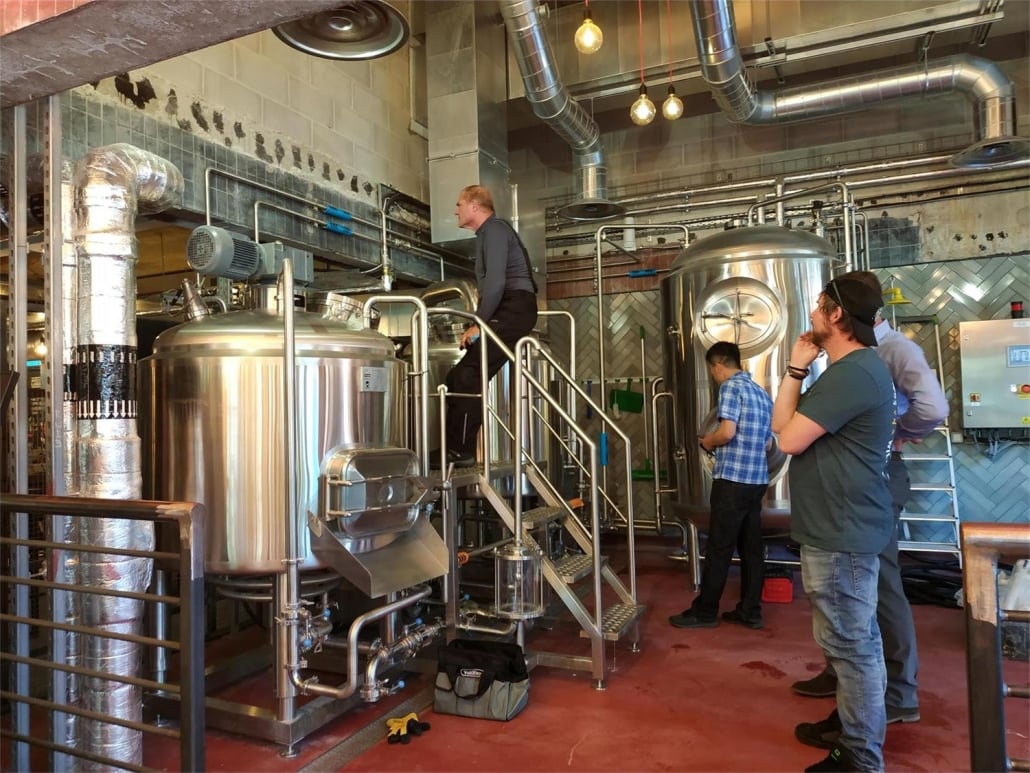
Benefits of Using Advanced Fermenter Equipment
Why upgrade to advanced fermenter equipment? Here’s the scoop:
- Precision Control: Maintain exact temperatures, pH levels, and oxygenation rates to ensure consistent results.
- Improved Efficiency: Advanced systems reduce fermentation time while boosting yields.
- Ease of Cleaning: Modern fermenters often include CIP (clean-in-place) systems, saving hours of manual scrubbing.
- Versatility: With programmable settings, you can switch between different fermentation processes seamlessly.
- Long-Term Savings: While the upfront cost might be higher, advanced fermenters reduce waste, energy consumption, and maintenance expenses.
Top Brands of Fermenter Equipment
Choosing the right brand is crucial. Here’s a table of top fermenter manufacturers, highlighting their key features:
| Brand | Specialization | Key Features | Typical Price Range |
|---|---|---|---|
| Blichmann | Home brewing | Stainless steel, conical design, easy cleaning | $400 – $2,000 |
| Ss Brewtech | Commercial and home brewing | Advanced temperature control, modular systems | $500 – $5,000 |
| Fermentec | Industrial fermentation | Customizable, high-capacity options | $10,000+ |
| Speidel | Home brewing | Durable plastic fermenters, budget-friendly | $150 – $500 |
| Ziemann Holvrieka | Industrial brewing | Automated systems, CIP, large-scale design | $50,000+ |
Different Types of Fermenter Equipment and Their Application Scenarios
1. Home Brewing
Small fermenters, often made of glass or stainless steel, are perfect for hobbyists. These fermenters prioritize ease of use and affordability.
2. Craft Breweries
Mid-sized fermenters with advanced temperature and pressure controls cater to small breweries. These often include conical bottoms for yeast management.
3. Industrial Applications
Large-scale fermenters with automated controls, CIP systems, and continuous fermentation capabilities dominate this space. Applications range from beer production to biopharmaceuticals.
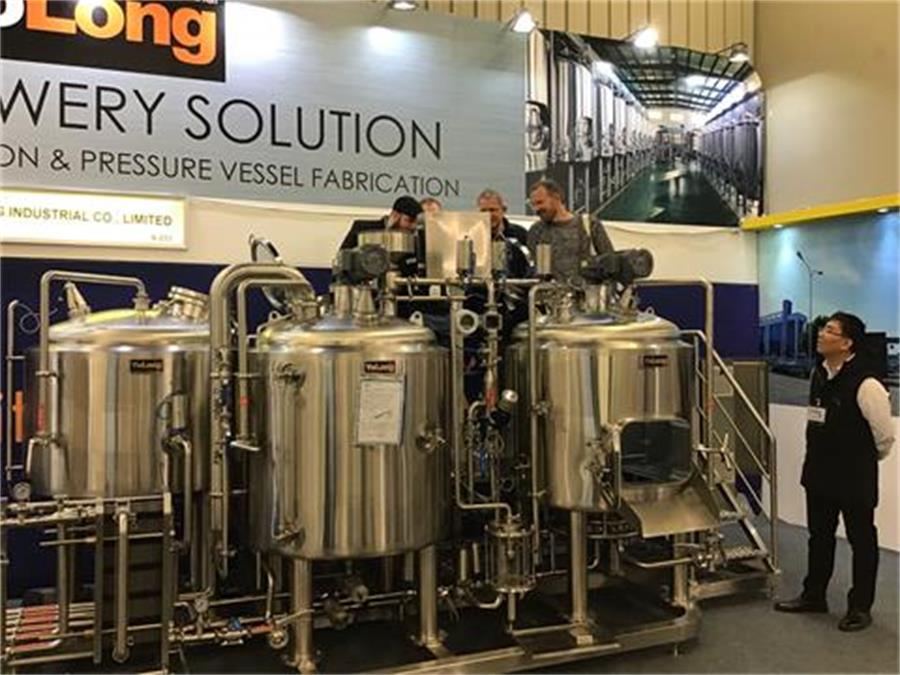
New Technologies in Modern Fermenter Equipment
| Technology | Benefits | Common Applications |
|---|---|---|
| Automated Temperature Control | Ensures precise fermentation conditions | Beer brewing, biotech industries |
| CIP (Clean-in-Place) Systems | Reduces cleaning time, improves sanitation | Large breweries, pharmaceutical production |
| IoT Integration | Remote monitoring and control | Industrial and craft fermentation |
| Modular Designs | Scalability for growing operations | Small and medium breweries |
| Advanced Materials | Better durability and corrosion resistance | Food and beverage production |
FAQ
| Question | Answer |
|---|---|
| What is the best material for a fermenter? | Stainless steel is the top choice for durability, hygiene, and ease of cleaning. |
| How do I clean my fermenter? | Use a CIP system or manually clean with a sanitizing solution. |
| Can I use the same fermenter for beer and wine? | Yes, but ensure thorough cleaning between uses to avoid cross-contamination. |
| What size fermenter do I need for home brewing? | A 5-10 gallon fermenter is ideal for most home brewers. |
| Are plastic fermenters safe? | Yes, if they are food-grade and free of BPA, but they may degrade over time. |
Share this entry
Interested in learning more about Brewing Systems including additional details and pricing information? Please use the form below to contact us!
YOLONG BREWERY EQUIPMENT FAQS
- Commercial Brewery / Craft Brewery / Microbrewery / Nanobrewery
- What is The Difference Between Craft Beer and Industrial Beer?
- The Bespoke Differences In Custom Brewing Systems
- Everything You Need to Know About Kettle Souring
- How to Choose Brewing Equipment for Your business?
- How To Choose The-Best Partner To Build Your Commercial Microbrewing System?
- Two Detection Sensors That You Need To Use In Your Brewhouse System
- Remote Control Applications in Brewing Equipment/How does it work?
- How To Clean Your Brand New Brewery Tanks?
